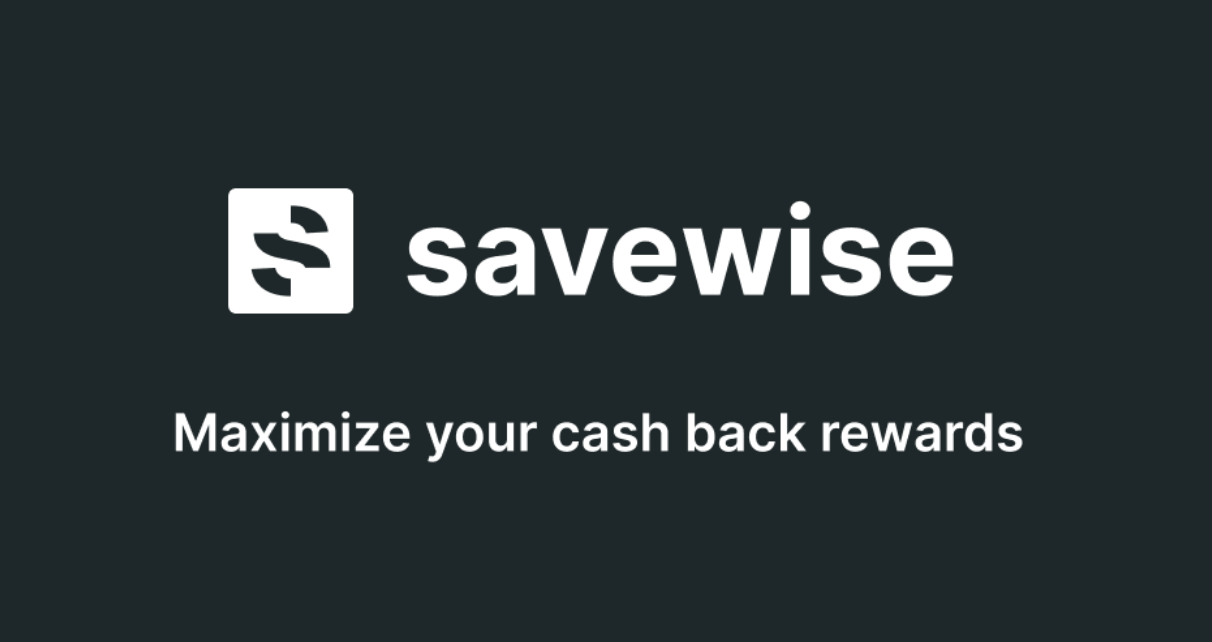How do I know if this is good award value? Help!
This post is all about how to determine if your award booking is a “good” deal. We see questions about this all the time, and understand it’s something that quite a few of us travel hackers struggle with from time to time. Hopefully this guide will help you learn a few tricks about making a valuation yourself and become more independent when looking for those unicorn bookings for your upcoming trips.
What Do We mean by "Good Value"?
- This info can be applied to any transferable currency, though the base valuation numbers may be different depending on what cards you have, and what bank you’re booking through (meaning, you might have an arbitrary valuation of Chase Ultimate Rewards points that’s higher than Amex Membership Rewards points at your starting point).
- Booking through a portal will always yield a static valuation of cpp (cents per point). The static value can change depending on factors like which portal you’re booking through (Amex vs Chase, for example), or even what kind of credit card you have with that bank that would unlock boosted portal rates (the Chase Sapphire Reserve gives you a 1.5x boost in the Chase portal, whereas the Sapphire Preferred only gives you a 1.25x boost in the same travel portal). There’s no way to get outsized value by finding that unicorn booking you see everyone else talking about.
- To get a little more granular with an example most will recognize, booking through the Chase portal using the Chase Sapphire Reserve will yield a 1.5cpp valuation, the Sapphire Preferred / Ink Preferred will be 1.25cpp, and the Freedom cards will be 1cpp. For Capital One, using the Venture cards yields a 1cpp valuation, and using Amex Membership Reward points yields a 1cpp valuation in their respective portals.
- The base valuations should be used as the minimum valuation you’d accept when booking award travel. The better deal is almost always utilizing transfer partners of these banks like Hyatt, United, Air Canada, and others.
How to Determine the Better Valuation
When trying to determine the valuations of transfer partner bookings, we need to consider a few things in our math equation:
- The total points-cost of the transfer partner award booking
- The cash component of the transfer partner award booking (usually just taxes and fees)
- The full cash price of the same exact transfer partner award booking that you’re researching
- You have a flight you want to book on United and want to know if it’s better to book with cash, better to book through the Chase portal, or better to transfer points to United and book directly with the airline.
- The total points cost on United’s website is 88,000 miles, the taxes and fees associated with that booking come out to $92, and the full cash price of the ticket is $6,312 (both in the portal and direct on United’s website)
- To make the comparison as ‘apples to apples’ as possible, we want to remove the taxes and fees from the points equation. This is because we can’t pay those with points in most cases.
So, step 1: Subtract $92 from $6,312 to get $6,220.
Now divide that cash cost ($6,220) by the total number of points for the booking (88,000), then multiply that number by 100. This gives you the cpp, or Cents per Point valuation:
(6,220 / 88000)*100 = 7.07 cpp. This is a killer redemption!- Now, to compare how transfer partner bookings look vs bookings made within bank travel portals, let’s look at the cost for this same exact booking in a travel portal that uses a fixed 1.5cpp valuation:
$6,312 at a fixed 1.5cpp valuation (6312/.015) = 420,800 points.
(We use the full cash price instead of $6,220 because the Chase portal lets you use points for the entire purchase price, even taxes and fees.)
- The ending comparison is this: pay $92 in taxes and transfer 88,000 UR to United to book the flight, or use 420,800 points in the travel portal to book the same. exact. flight. Which would you pick?
This methodology can work for any award booking you’re considering – you just need to keep the 3 major components in mind:
- taxes and fees in cash,
- award price in points, and
- total cash price.
Is Paying a Fee for Points a Good Idea?
This is something that comes up when you’re trying to pay a contractor, small mom and pop store, or other similar vendor using your credit card (that is, if they even accept credit cards at all!). The vendor wants to charge you some kind of percentage-fee in order to use the card and earn points. So how can you tell if the points you’d earn would be worth the fee you’d pay?
As a general statement, I’d say assigning a cpp valuation to the points you’d earn, then comparing that to what it’d cost you to use your card to pay is the best way to decide. Ugh, math, I know, right?
Example:
- A contractor is going to charge you $7,000 for some tile work in your bathroom, but assigns a 3% fee to that amount if you want to pay with a credit card. This is due to the credit card processing charge the contractor pays when they accept a credit card for payment.
After you determine how many points you’d earn from this purchase, compare that amount to the fee you pay for the work. Let’s make this one easy:
1. Earn 7,210 points (assuming you earn 1 point per dollar),
2. pay $210 as a fee for using the credit card (the 3% charged by the contractor),
3. pay a total of $7,210 on your card (including the fee).- Assuming you have a Sapphire Reserve and can access the Chase portal to book travel, let’s assign a minimum redemption amount of 1.5cpp. Doing so yields a valuation of $108.15 to the 7,210 points you’d earn. Compare that amount to the fee of $210 that you’re paying to accrue those points. Doesn’t make sense, does it?
- Using 6,500 points for a $350 hotel cost yields a 5.38cpp valuation ($350 / 6,500 points * 100)
- Instead of paying $350 for the hotel directly, you’re paying $210 (the credit card fee) to accrue the points needed to book the hotel thus saving you the difference of $140.
- To double check that transferring your points to the partner is better than booking through the portal, run the numbers using the portal’s fixed 1.5cpp valuation and see which one is better. $350 / .015 = 23,333 points if booking through the portal, vs. 6,500 points if transferring to the partner hotel to book directly through them.
FAQ Section
Have any other questions or comments on this article? Sign in and post them below!







